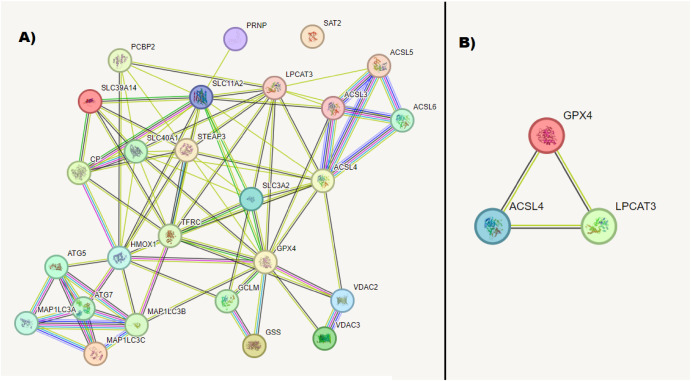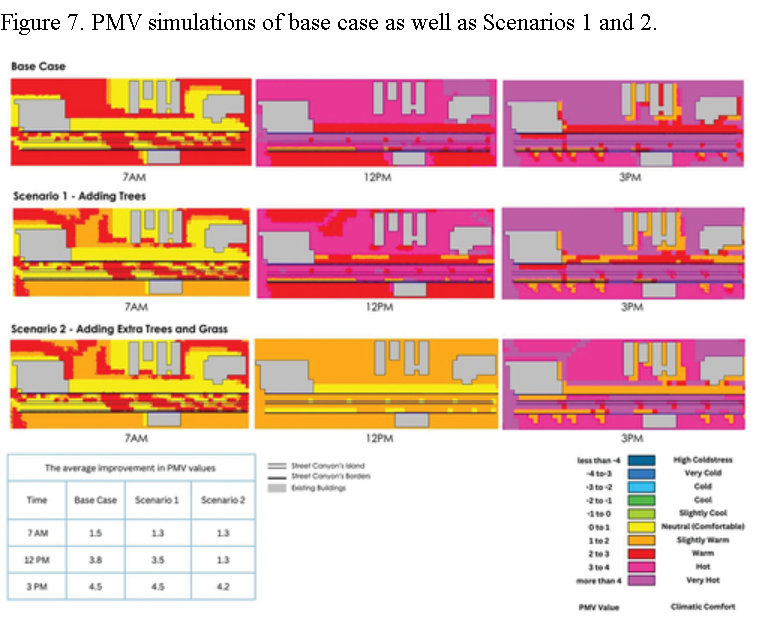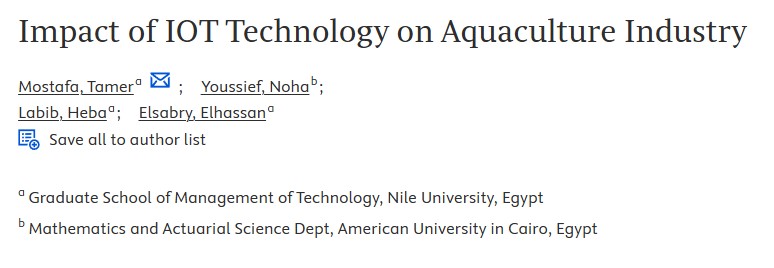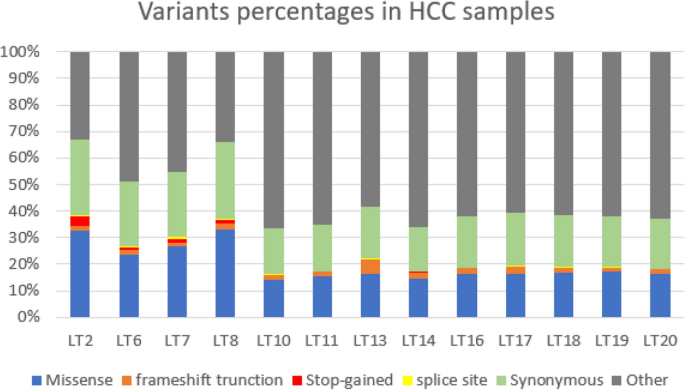
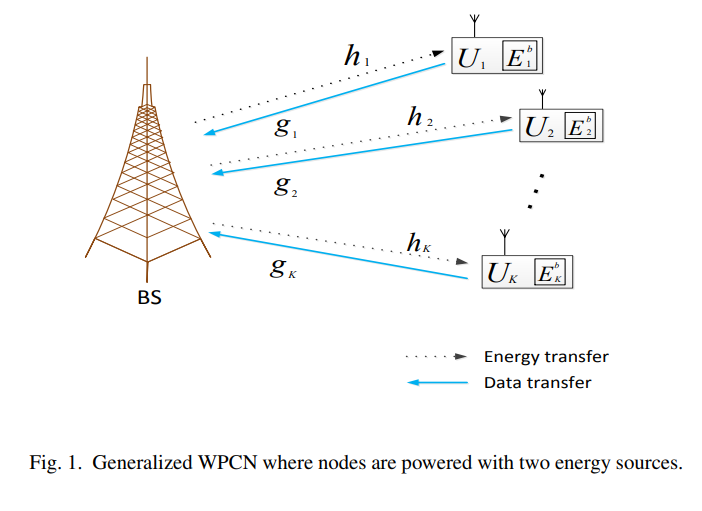
Optimization of energy-constrained wireless powered communication networks with heterogeneous nodes
In this paper, we generalize conventional time division multiple access (TDMA) wireless networks to a new type of wireless networks coined generalized wireless powered communication networks (g-WPCNs). Our prime objective is to optimize the design of g-WPCNs where nodes are equipped with radio frequency (RF) energy harvesting circuitries along with constant energy supplies. This constitutes an important step towards a generalized optimization framework for more realistic systems, beyond prior studies where nodes are solely powered by the inherently limited RF energy harvesting. Towards this objective, we formulate two optimization problems with different objective functions, namely, maximizing the sum throughput and maximizing the minimum throughput (maxmin) to address fairness. First, we study the sum throughput maximization problem, investigate its complexity and solve it efficiently using an algorithm based on alternating optimization approach. Afterwards, we shift our attention to the maxmin optimization problem to improve the fairness limitations associated with the sum throughput maximization problem. The proposed problem is generalized, compared to prior work, as it seemlessly lends itself to prior formulations in the literature as special cases representing extreme scenarios, namely, conventional TDMA wireless networks (no RF energy harvesting) and standard WPCNs, with only RF energy harvesting nodes. In addition, the generalized formulation encompasses a scenario of practical interest we introduce, namely, WPCNs with two types of nodes (with and without RF energy harvesting capability) where legacy nodes without RF energy harvesting can be utilized to enhance the system sum throughput, even beyond WPCNs with all RF energy harvesting nodes studied earlier in the literature. We establish the convexity of all formulated problems which opens room for efficient solution using standard techniques. Our numerical results show that conventional TDMA wireless networks and WPCNs with only RF energy harvesting nodes are considered as lower bounds on the performance of the generalized problem setting in terms of the maximum sum throughput and maxmin throughput. Moreover, the results reveal valuable insights and throughput-fairness trade-offs unique to our new problem setting. © 2017, Springer Science+Business Media, LLC.
